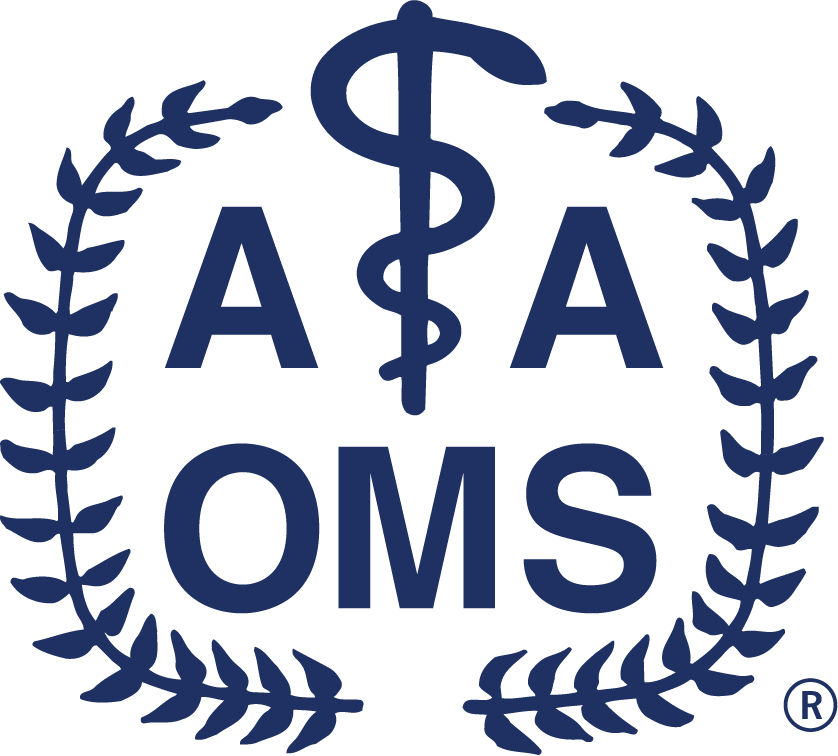
Clinical Webinar Series on Anesthesia and Medicine
- Registration Closed
Already registered?
Log in now.
This series includes two one-hour webinars:
Sedation for the Chronic Marijuana User on July 12 at 6 p.m. CT
Psychedelics in Oral and Maxillofacial Surgery on July 26 at 6 p.m. CT


